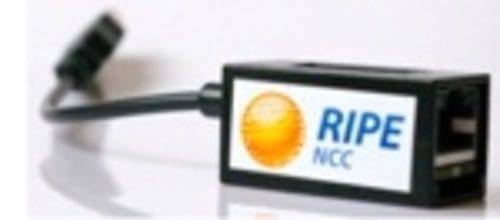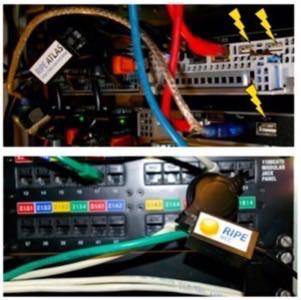RIPE NCC, the regional Internet registry for Europe, the Middle East and some parts of Central Asia is planning to install up to 250,000 sensors that can measure Internet speeds and help engineers to predict and diagnose online traffic jams. Instead of building small, separate, private infrastructures to measure online traffic, RIPE proposes to build a common infrastructure with sensors that could regular send ping and traceroute requests to measure the state of local connections to a group of central servers. RIPE hopes to install the first 10,000 sensors by the end of next year.

RIPE currently runs a relatively small network of complex traffic measurement boxes – consisting of a PC and a GPS antenna – but the non-profit group hopes to expand its measurements by introducing small autonomous USB-powered probes across Europe (50,000 sensors) and then later the rest of the world (250,000 sensors). RIPE works with large Internet carriers, so the organization probably expects these sensors to run on their servers. As far as we can see, RIPE doesn’t expect individuals to host these sensors at home.

To finance this program, the organization is asking its member organizations to host probes and donate a small fraction of their bandwidth and electricity to run them. In return for paid sponsorships (starting at 2,000 euros for 8 probes), sponsors will be able to run a certain number of tests on the network. The data from all of these measurements will be public, though, and should allow scientists and engineers to better predict bottlenecks and online traffic jams.

















